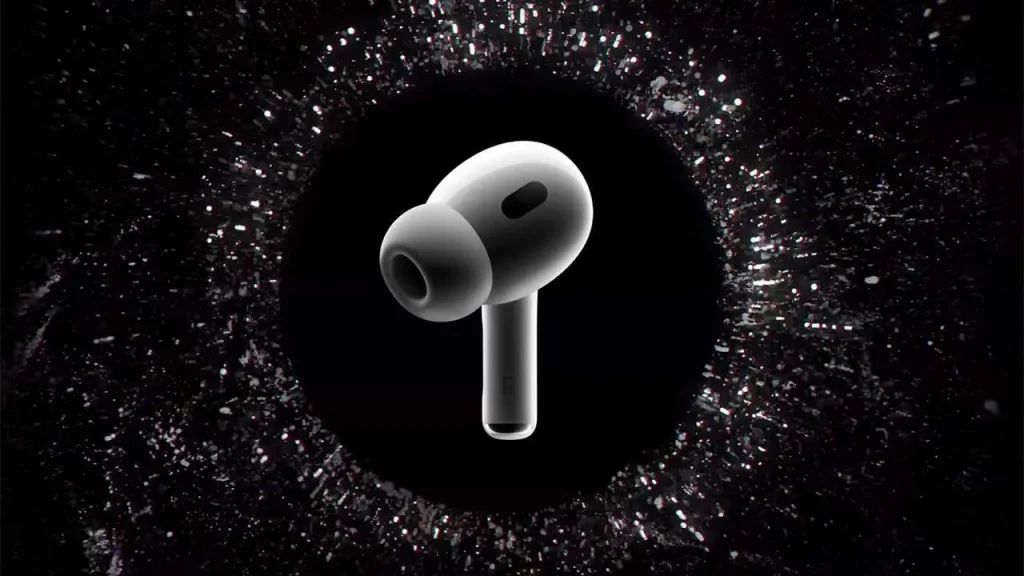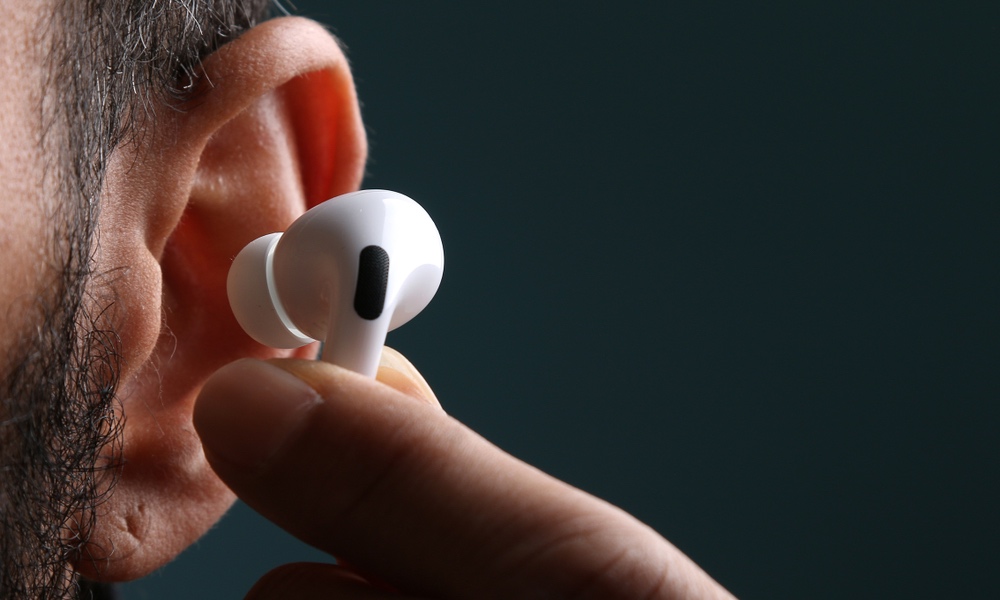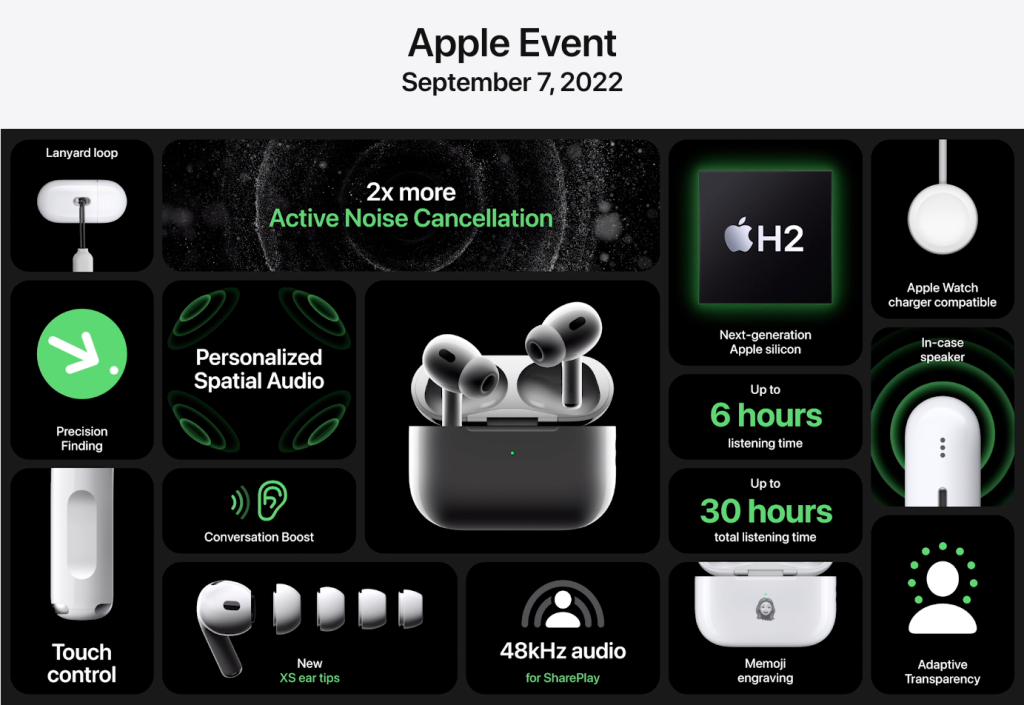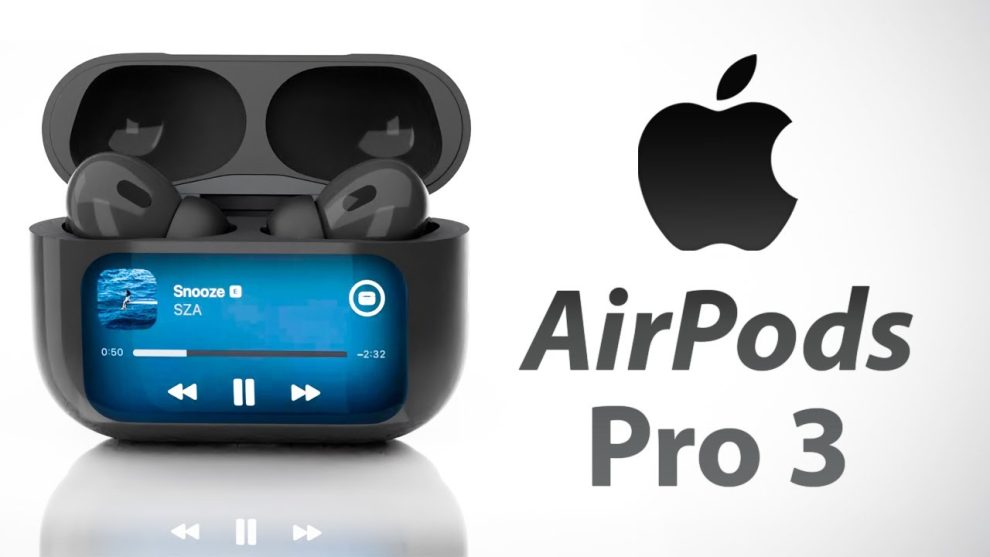Unveiling the Adaptive Hearing Revolution

The Adaptive Hearing technology, quietly released by Apple earlier this month, has the power to change lives. By leveraging the AirPods Pro 3’s advanced microphones, this innovative feature enables users to have clear conversations in noisy environments, enjoy movies without relying on subtitles, and reconnect with the rich tapestry of sounds that surround them.
For those with mild to moderate hearing loss, Adaptive Hearing represents a significant breakthrough. Traditional hearing aids often come with a hefty price tag, bulky design, and social stigma, making them less accessible and appealing to many. The AirPods Pro 3, with their sleek and stylish appearance and seamless integration with Apple devices, offer a more discreet and potentially more affordable solution.
The Technology Behind Adaptive Hearing
At the heart of Adaptive Hearing lies a sophisticated system that continuously analyzes ambient sounds through the AirPods Pro 3’s microphones. By amplifying specific frequencies based on an individual’s unique hearing profile, the technology allows users to focus on the sounds they struggle to hear while filtering out unwanted background noise.
While not a substitute for traditional hearing aids in cases of severe hearing loss, Adaptive Hearing provides a significant boost for those with milder forms of hearing impairment. The ability to hear the subtle nuances of birdsong during a walk or the laughter of loved ones during a conversation can have a profound impact on an individual’s quality of life.
Fostering Inclusivity and Social Connection

The implications of Adaptive Hearing extend far beyond personal convenience. This technology represents a significant step towards a more inclusive and connected world. With millions of people worldwide experiencing some form of hearing loss, the AirPods Pro 3 have the potential to break down communication barriers and promote greater social engagement.
Imagine the possibilities: students with mild hearing loss can more actively participate in classroom discussions, older adults can enjoy conversations with friends and family without the need for cumbersome hearing aids, and individuals can navigate social situations with increased confidence and ease. Adaptive Hearing could serve as a bridge to a more inclusive future, where hearing impairment no longer hinders one’s ability to connect with others.
A Cautionary Note
While the potential of Adaptive Hearing is undeniably exciting, it is crucial to approach this technology with a measure of caution. It is important to emphasize that Adaptive Hearing is not a cure for hearing loss, and individuals with severe hearing impairment should continue to rely on traditional hearing aids as their primary solution.
Moreover, it is essential for individuals to consult with healthcare professionals before solely relying on Adaptive Hearing to address their hearing concerns. While this technology offers a promising alternative, it should not replace the expertise and guidance of qualified medical professionals.
The Future of Hearing Technology

The integration of Adaptive Hearing into the AirPods Pro 3 marks a significant milestone in the evolution of personal audio technology. As advancements continue to emerge, we can anticipate further innovations that bridge the gap between personal audio devices and assistive hearing technology.
However, as we embrace these technological breakthroughs, it is crucial to consider the ethical implications. Will the rise of features like Adaptive Hearing blur the line between consumer electronics and medical devices? How can we ensure equitable access to these advancements and prevent them from becoming yet another marker of social and economic disparity?
Conclusion
The story of AirPods Pro 3 and Adaptive Hearing is a testament to the transformative power of innovation. By harnessing cutting-edge technology to address the challenges faced by millions of individuals with hearing loss, Apple has opened the door to a more inclusive and connected world.
As this story continues to unfold, it will be fascinating to witness how it shapes the future of hearing technology and the ways in which we experience the world around us. With the potential to empower individuals, break down barriers, and foster greater social engagement, the AirPods Pro 3 with Adaptive Hearing represent a game-changer in the realm of personal audio and assistive technology.
However, as we celebrate this breakthrough, let us also remain mindful of the ethical considerations and the importance of ensuring equitable access to these life-changing innovations. Only by addressing these challenges can we truly harness the full potential of technology to create a more inclusive and connected world for all.
















Add Comment